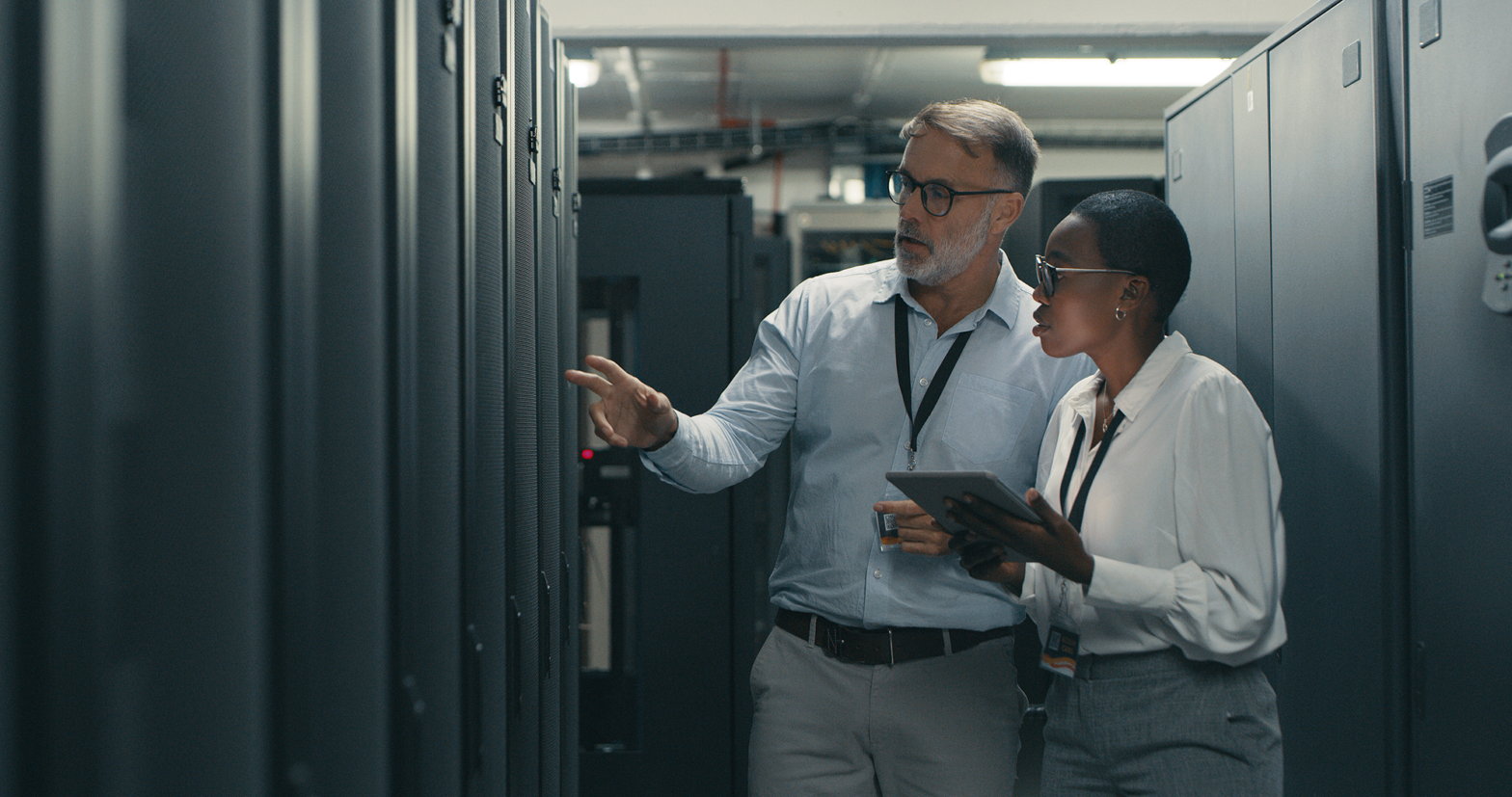Introduction
In today’s fast-paced tech industry, obtaining IT certifications is often seen as a golden ticket to landing a lucrative job. While certifications are undoubtedly valuable, they represent just one part of the equation. To truly stand out and demonstrate your competence during interviews, it’s crucial to back up your certifications with hands-on experience. This blog explores why practicing in labs is essential and how it can boost both your confidence and competence. Read to the end for my discount code for CompTIA Testout Lab simulators. CompTIA is the leading IT certification provider.
The Pitfall of Certifications
Certifications validate your knowledge and show that you have met a certain standard of understanding in a specific area. However, they often focus on theoretical knowledge and may not fully prepare you for real-world scenarios. Here are some reasons why relying solely on certifications can be limiting:
Lack of Practical Experience: Most certification exams test your knowledge through multiple-choice questions or simulations, which may not accurately reflect real-world challenges.
Memory vs. Understanding: It’s possible to pass an exam by memorizing information rather than truly understanding and being able to apply it.
Static Knowledge: Certifications represent a snapshot of your knowledge at a given time. Technology evolves rapidly, and staying current requires ongoing practice and learning.
The Power of Labs:
Hands-on labs provide a dynamic environment where you can apply theoretical knowledge to practical situations. Here’s why integrating lab practice into your learning process is essential:
Bridging Theory and Practice: Labs allow you to apply what you’ve learned in a controlled environment, helping you to understand how concepts work in practice.
Building Confidence: Regular practice in labs helps you become familiar with the tools and processes you’ll use on the job, making you more confident during interviews and in real work situations.
Problem-Solving Skills: Labs present you with challenges and problems to solve, enhancing your critical thinking and troubleshooting abilities.
Real-World Scenarios: Labs often simulate real-world environments and issues, giving you a taste of what to expect in a professional setting.
Portfolio Development: Projects and labs can be showcased to potential employers as tangible evidence of your skills and experience.
Choose the Right Resources: Platforms like CompTIA’s TestOut (LabSim), Cisco’s Packet Tracer, VMware Workstation, and AWS Free Tier provide excellent environments for hands-on practice. Additionally, sites like Udemy, Coursera, and Pluralsight offer courses with integrated labs.
Set Up a Home Lab: Invest in a few pieces of hardware and set up your own lab at home. This can be as simple as a couple of old computers and a network switch or more advanced with virtual machines and networking equipment.
Follow Structured Labs: Use structured lab exercises available in textbooks or online courses to guide your practice. These labs often come with step-by-step instructions and scenarios to work through.
Participate in Online Labs: Many online platforms offer virtual labs that you can access from anywhere. These labs are designed to mimic real-world environments and provide hands-on experience with minimal setup.
Document Your Work: Keep a detailed log of your lab exercises, including the problems you encountered and how you solved them. This documentation can be a valuable study tool and a way to showcase your problem-solving skills to potential employers.
The Interview Advantage
When it comes to job interviews, hands-on experience can set you apart from other candidates. Here’s how:
How to Incorporate Labs into Your Learning
Demonstrated Skills: You can speak confidently about your hands-on experience, providing specific examples of problems you’ve solved and projects you’ve completed.
Technical Questions: Interviews often include technical questions that require practical knowledge. Your lab experience will help you answer these questions with ease.
Scenario-Based Questions: Employers may present hypothetical scenarios to gauge your problem-solving abilities. Having practiced in labs, you’ll be better equipped to tackle these questions.
Portfolio Presentation: Presenting a portfolio of lab projects can provide concrete evidence of your skills and dedication to learning.
Conclusion
While certifications are an important part of building a career in IT, they should be complemented with hands-on lab experience. By regularly practicing in labs, you can bridge the gap between theory and practice, build confidence, and develop the skills necessary to excel in job interviews and beyond. Remember, in the ever-evolving field of IT, continuous learning and practice are key to staying ahead. So, don’t just get certified—get hands-on, and watch your career soar. As I promised, here is the discount code to purchase labs in CompTIA’s Testout. CC1270559KL. Thanks for reading!!


Great info! Love this blog! It is so true that people require hands on experience to be the best at their jobs. Love that point.
Love this! It’s basically a written blueprint for us newbies wanting to go into IT. Very informative!
Great article, Eboni! You did a phenomenal job of explaining why incorporating lab practice is important for building one’s portfolio and gaining hands on experience.
IT can be confusing just to learn about, let alone practicing! I found this super helpful. Thanks!!!
Very nice. Informative and educational.
Intelligently written